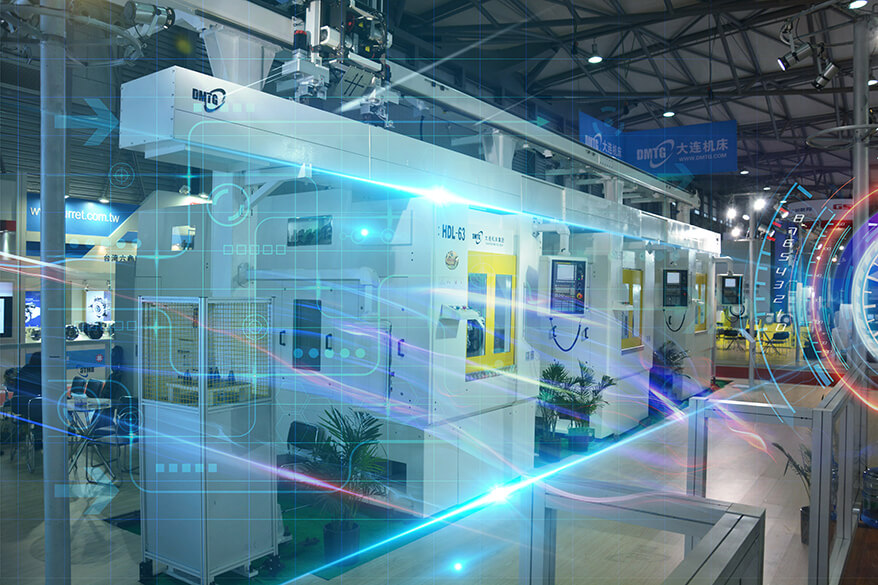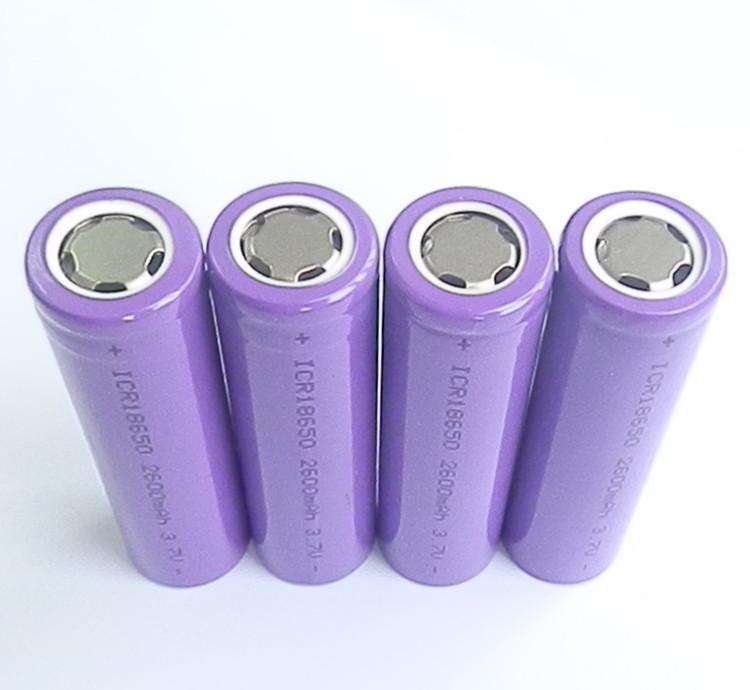Do Lithium Batteries Need to be Drained?
Nov 21, 2019 Pageview:4493
Is it safe to drain your lithium battery? How often should you discharge your batteries? When should you fully discharge your batteries? These and many more are some of the endless questions that many lithium battery users tend to have in mind. Without the right answers to guide them, some of these users end up following the advice of many urban myths that would be hurting their batteries.
Do you have to drain your lithium battery periodically to keep it conditioned?
The issue of draining lithium batteries periodically for good conditioning has been an issue disturbing many lithium and lithium-ion battery users for a while now. Technically, partial discharges periodically may be allowed, but full discharges are just a waste of an excellent conditioned battery. If you drain your lithium battery, you will be wearing it out with every discharge, and its shelf life will end up being shorter than what was intended. This applies to all rechargeable batteries and not just lithium-ion cells.
The idea of discharging your mostly originated from individuals with RC planes and vehicles. However, what they were doing, is discharging their batteries to a specific known state and then recharging them for the cells to be balanced. Note that as much as the theory popped up from their end, they were not draining or fully discharging the batteries, as this could exhaust the cells faster. Draining your cells for better conditioning is an urban myth that will leave your batteries in a poor state and reduce the energy capacity they are meant to hold.
The usable capacity of any battery system depends on the rate of discharge of each cell, and the acceptable voltage at the end of each discharge. The depth of discharge (DOD), of any battery, must be capable of showing the way thus rate is to be measured. The depth of discharge is typically measured in ampere-hour capacity for any battery pack and is stated as a percentage indicated on the pack’s label. For example, a 0% DOD technically means no discharge.
However, the DOD varies over time depending on several factors such as type of cell or level of usage which leads to a determined rate of deterioration. For lithium-ion batteries, which are generally manufactured with a rechargeable battery system, more charge/discharge cycles will be tolerated as compared to a normal lithium-based cell.
How do you care for your lithium battery?
1.Use the appropriate chargers
Battery users may put in much effort in caring for their lithium batteries but tend to ignore the consequences of using a wrong charger. When purchasing a charger, the original version for your battery is the most recommended, but if it is unavailable, then a good quality charger would do just fine. Avoid cheap, off-the-counter chargers that overheat your batteries and cause shorter lifespans while exposing them to risks of battery failure or leakages.
2.Only perform shallow discharges and avoid full discharges
While new lithium-ion cells work differently from their predecessors and with no “memory effect,” draining them entirely is harmful to their health. Shallow discharges should be enough to keep your lithium batteries conditioned.
3.Don’t leave your battery at 0% for long
If your battery is fully discharged, avoid leaving it in that state for long hours. Instead, you should immediately recharge it and try as much as possible to prevent entirely discharging it. There may be some incidences where a power outlet, charger, or bot are unavailable when using your electronic device, which is understandable. However, this should not be a reason to dump the battery somewhere for long periods with that kind of charge capacity as it will degrade faster.
4.Do not immediately use lithium-ion batteries which are hot after a charging
At times, the temperatures of batteries can rise after a charge cycle. Using such batteries while hot can be dangerous to your electronic device. This is because the high temperatures from the cells may interrupt the device’s standard internal settings and cause faulty functioning.
5.Avoid subjecting your batteries to extreme temperatures
High temperatures can reduce a battery’s capacity and degrade it much faster than it was intended. Your batteries should always be kept at room temperature conditions and avoid storing them in hot areas. Cold temperatures can also negatively affect your battery’s capacity as much as you may be advised to store batteries in a refrigerator.
6.Try to store the batteries at 50% charge
If you intend to store your lithium-ion battery for long periods, you should be aware that the pack is subject to loss of capacity or even a shortened lifespan. Therefore, it is recommended that you store them at a 50% charge rate and never leave them fully discharged.
7.Keep the terminals clean and away from metal objects
Terminals within a battery should always be kept clean and away from metal surfaces. This is because short circuits would occur, thus damaging the battery and leading to sparks that cause fires.
Do lithium batteries need to be fully discharged before the first charge?
All types of lithium batteries are technically a more reliable battery technology than their predecessors, like lead-acid or nickel-based cells. They don’t suffer from the common defect of the “memory effect” that the previous battery types had.
Dealers and sellers of lithium batteries would give potential users all the wrong information about how to keep the batteries conditioned, which would ultimately lead to the degradation of such cells. Most lithium-ion cells are activated before leaving the factory. There is, therefore, no reason to fully discharge it before their first charge, as this could end up harming the battery. Once you purchase a lithium battery, it is ready for use when the charger indicates so and usually tends to achieve their best capacity after about 4 or 5 cycles.
Conclusion
Lithium batteries have advanced over the years, and more versions are being innovated to improve the cells and counter the many issues that may be associated with it. As modern battery technology advances, the issue of charging and discharging seems to be fading away. New smart battery and charging systems are being invented to automize, regulate and care for the cells all in all.
- Prev Article: Do magnets affect lithium batteries?
- Next Article: LiPo Battery Discharger Circuit Discussion
Leave Message
Hottest Categories
-
Hottest Industry News
-
Latest Industry News











